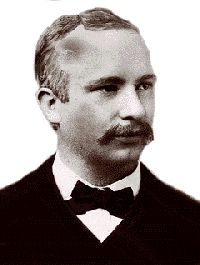A Quote by Ambrose Bierce
Politics: A strife of interests masquerading as a contest of principles. The conduct of public affairs for private advantage.
Related Quotes
Are we going to continue to yield personal liberties and community autonomy to the steady inexplicable centralization all political power or restore the Republic to Constitutional direction, regain our personal liberties and reassume the individual state's primary responsibility and authority in the conduct of local affairs? Are we going to permit a continuing decline in public and private morality or re-establish high ethical standards as the means of regaining a diminishing faith in the integrity of our public and private institutions?
Since there is no such entity as 'the public,' since the public is merely a number of individuals, the idea that 'the public interest' supersedes private interests and rights can have but one meaning: that the interests and rights of some individuals take precedence over the interests and rights of others.
We must elevate the craft, protect its interests, advance wages, reduce the hours of labor, spread correct economic doctrines and cultivate a spirit of fraternity among the working people regardless of creed, color, nationality or politics. These principles are the foundation principles of our organization.
Each pursues his private interest and only his private interest; and thereby serves the private interests of all, the general interest, without willing it or knowing it. The real point is not that each individual's pursuit of his private interest promotes the totality of private interests, the general interest. One could just as well deduce from this abstract phrase that each individual reciprocally blocks the assertion of the others' interests, so that, instead of a general affirmation, this war of all against all produces a general negation.
































